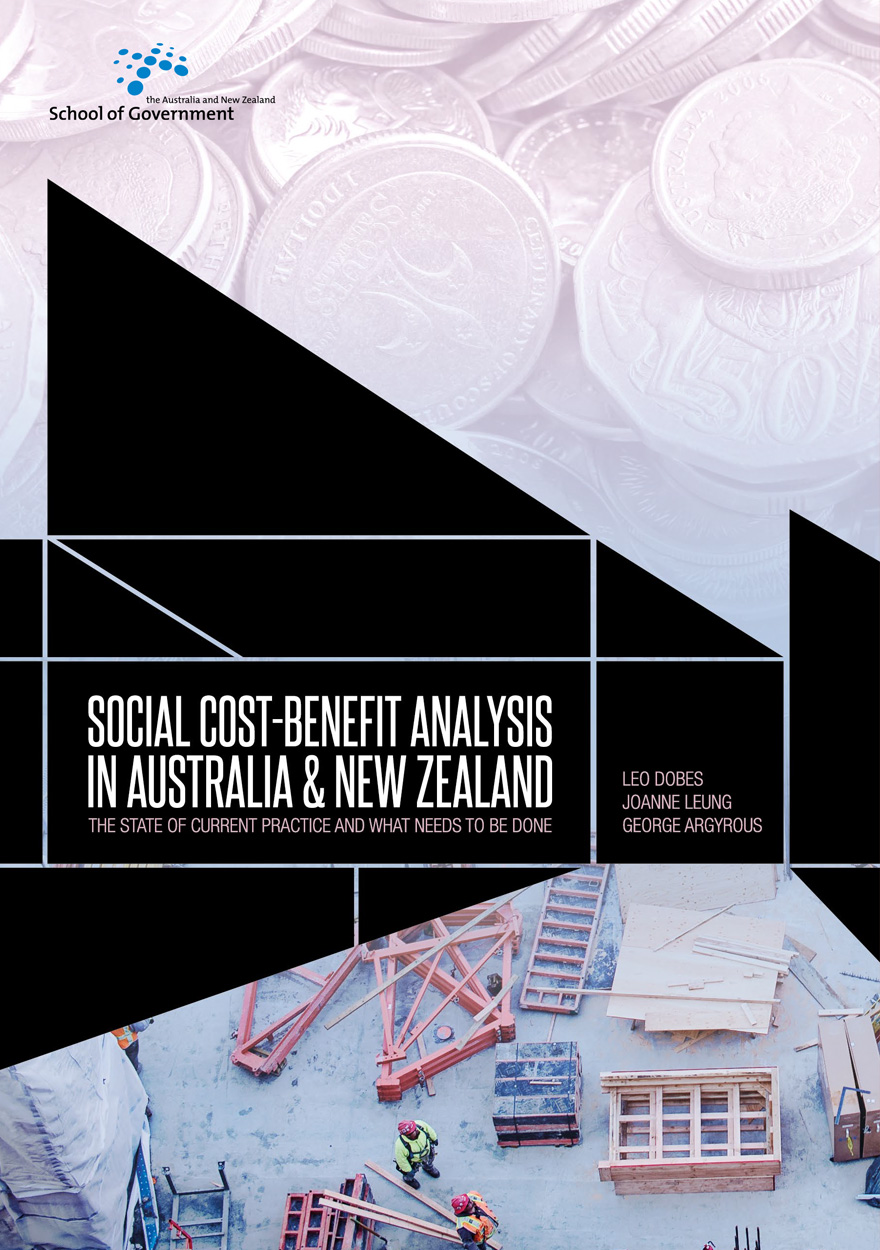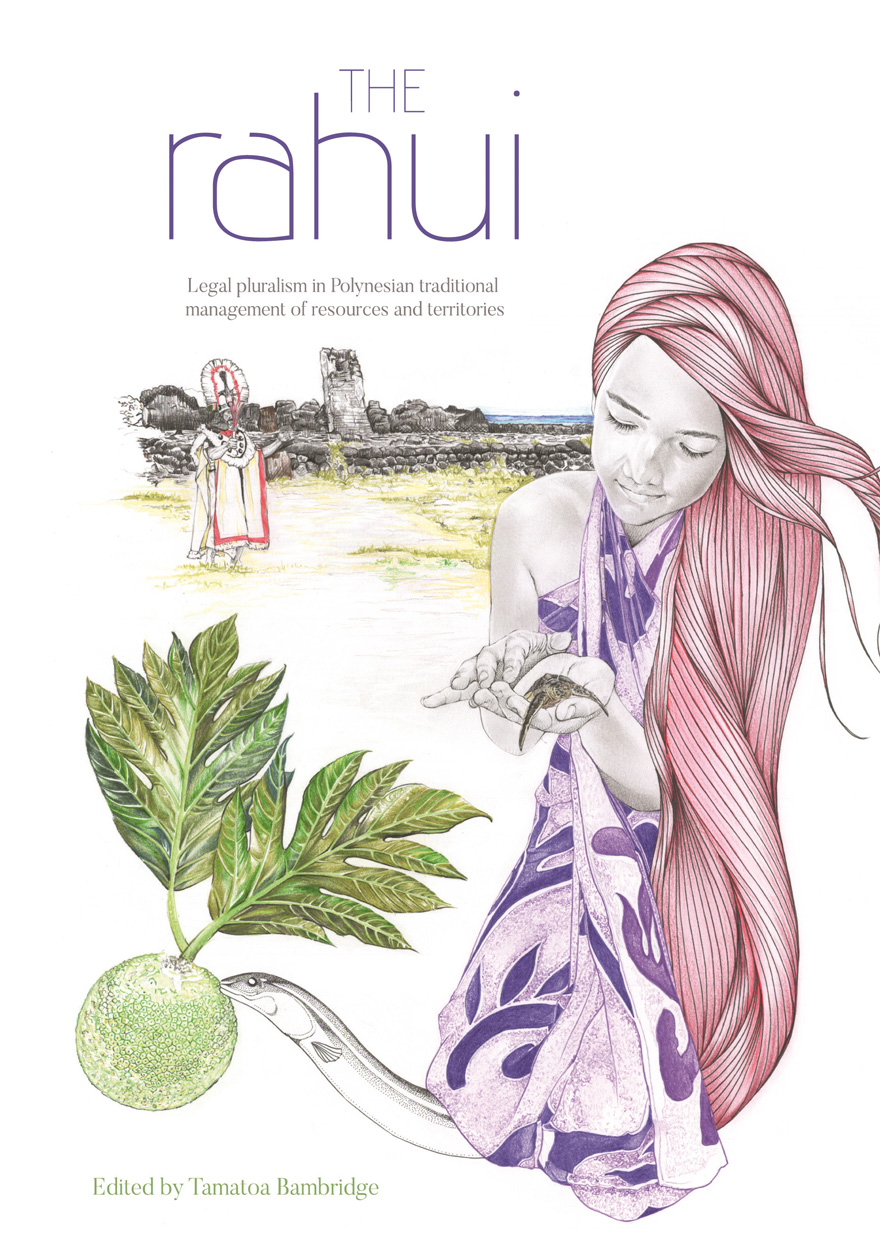Books
Browse or search ANU Press' range of books or find out more about the publications' authors and co-publishers. Download the book for free or buy a print-on-demand copy.
Displaying results 341 to 350 of 779.

Narrow But Endlessly Deep »
The struggle for memorialisation in Chile since the transition to democracy
Authored by: Peter Read, Marivic Wyndham
Publication date: June 2016
On 11 September 1973, the Chilean Chief of the Armed Forces Augusto Pinochet overthrew the Popular Unity government of Salvador Allende and installed a military dictatorship. Yet this is a book not of parties or ideologies but public history. It focuses on the memorials and memorialisers at seven sites of torture, extermination, and disappearance in Santiago, engaging with worldwide debates about why and how deeds of violence inflicted by the state on its own citizens should be remembered, and by whom.
The sites investigated — including the infamous National Stadium — are among the most iconic of more than 1,000 such sites throughout the country.
The study grants a glimpse of the depth of feeling that survivors and the families of the detained-disappeared and the politically executed bring to each of the sites. The book traces their struggle to memorialise each one, and so unfolds their idealism and hope, courage and frustration, their hatred, excitement, resentment, sadness, fear, division and disillusionment.
‘This is a beautifully written book, a sensitive treatment of the issues and lives of those who have faced a great deal of loss, most often as unsung heroes, in what are now recognized as Chilean sites of memory. The book is a testament to people who have not been asked to speak, until Peter Read and Marivic Wyndham ask them to tell their stories. They do not shy away from hard tensions about memorialization, the difficulties of challenging a powerful state and the long and arduous struggles to ensure less powerful voices are heard.’
— Professor Katherine Hite, Frederick Ferris Thompson Chair of Political Science, Vassar College, USA.

Learning from agri-environment schemes in Australia »
Investing in biodiversity and other ecosystem services on farms
Publication date: May 2016
Learning from agri-environment schemes in Australia is a book about the birds and the beef — more specifically it is about the billions of dollars that governments pay farmers around the world each year to protect and restore biodiversity. After more than two decades of these schemes in Australia, what have we learnt? Are we getting the most out of these investments, and how should we do things differently in the future? Involving contributions from ecologists, economists, social scientists, restoration practitioners and policymakers, this book provides short, engaging chapters that cover a wide spectrum of environmental, agricultural and social issues involved in agri-environment schemes.

Geography, Power, Strategy and Defence Policy »
Essays in Honour of Paul Dibb
Edited by: Desmond Ball, Sheryn Lee
Publication date: May 2016
Paul Dibb AM has had an extraordinary career. He enjoys an international scholarly reputation of the highest order, while at the same time he has done much distinguished public service. He was a pioneer in moving back and forth between posts in government departments, notably the Department of Defence, and academia. He began as a student of Soviet economic geography, and then spent nearly two decades in Australian Defence intelligence, including service as Head of the National Assessments Staff (NAS) in the Joint Intelligence Organisation (JIO) from 1974 to 1978, Deputy Director of JIO in 1978–80, Director of JIO in 1986–88, and Deputy Secretary of Defence (Strategy and Intelligence) in 1988–91, before becoming a Professor in the Strategic and Defence Studies Centre (SDSC) at The Australian National University (where he is now an Emeritus Professor). He has been quite happy to engage in vigorous public debate about important and controversial strategic and defence issues, giving him a high public profile.
The contributors include two former Chancellors of ANU, one a former Minister of Defence, and the other a former Secretary of the Department of Defence, a former Chief of the Defence Force (CDF), and other former senior officials, as well as academic specialists in geography, international relations, and strategic and defence studies.
‘This would be a high-quality set of essays for any edited volume, but for a festschrift – a genre that sometimes generates uneven collections – this is an exceptional assembly. The individual pieces are very good; together, they have coherence and power.’
– Professor Ian Hall, Professor of International Relations, Griffith University

War, Strategy and History »
Essays in Honour of Professor Robert O’Neill
Edited by: Daniel Marston, Tamara Leahy
Publication date: May 2016
This is a collection of essays in honour of eminent Professor Robert O’Neill. Each chapter was written by prominent academics and practitioners who have had a professional connection with Professor O’Neill during his long and distinguished career. The overarching themes running throughout the book are war, strategy and history. All the essays are shaped by the role that Professor O’Neill has played over the last 50 years in the debates in Australia, Europe and the US. This book covers not only Professor O’Neill’s impressive career, but also the evolution of strategy in practice, and of strategic studies as an internationally recognised academic discipline.

New Mana »
Transformations of a Classic Concept in Pacific Languages and Cultures
Edited by: Matt Tomlinson, Ty P. Kāwika Tengan
Publication date: April 2016
‘Mana’, a term denoting spiritual power, is found in many Pacific Islands languages. In recent decades, the term has been taken up in New Age movements and online fantasy gaming. In this book, 16 contributors examine mana through ethnographic, linguistic, and historical lenses to understand its transformations in past and present. The authors consider a range of contexts including Indigenous sovereignty movements, Christian missions and Bible translations, the commodification of cultural heritage, and the dynamics of diaspora. Their investigations move across diverse island groups—Papua New Guinea, Solomon Islands, Vanuatu, Fiji, Tonga, Samoa, Hawai‘i, and French Polynesia—and into Australia, North America and even cyberspace. A key insight that the volume develops is that mana can be analysed most productively by paying close attention to its ethical and aesthetic dimensions.
Since the late nineteenth century, mana has been an object of intense scholarly interest. Writers in many fields including anthropology, linguistics, history, religion, philosophy, and missiology have long debated how the term should best be understood. The authors in this volume review mana’s complex intellectual history but also describe the remarkable transformations going on in the present day as scholars, activists, church leaders, artists, and entrepreneurs take up mana in new ways.

Brokers and boundaries »
Colonial exploration in Indigenous territory
Publication date: April 2016
Colonial exploration continues, all too often, to be rendered as heroic narratives of solitary, intrepid explorers and adventurers. This edited collection contributes to scholarship that is challenging that persistent mythology. With a focus on Indigenous brokers, such as guides, assistants and mediators, it highlights the ways in which nineteenth-century exploration in Australia and New Guinea was a collective and socially complex enterprise. Many of the authors provide biographically rich studies that carefully examine and speculate about Indigenous brokers’ motivations, commitments and desires. All of the chapters in the collection are attentive to the specific local circumstances as well as broader colonial contexts in which exploration and encounters occurred.
'This collection breaks new ground in its emphasis on Indigenous agency and Indigenous–explorer interactions. It will be of value to historians and others for a very long time.'
— Professor Ann Curthoys, University of Sydney
'In bringing together this group of authors, the editors have brought to histories of colonialism the individuality of these intermediaries, whose lives intersected colonial exploration in Australia and New Guinea.'
— Dr Jude Philp, Macleay Museum

Social cost-benefit analysis in Australia and New Zealand »
The state of current practice and what needs to be done
Publication date: April 2016
All is not well with the evaluation of government programs and projects.
Resources available to any society are limited. If governments are to increase the well-being of their citizens, they must be able to select and implement the socially most beneficial projects and policies.
But many government agencies lack the expertise to carry out a cost-benefit analysis, or even to commission one. Commercial consultants, on the other hand, often have some analytical expertise, but are not immune from adopting approaches that accommodate the proclivities of their client agencies.
In order to increase analytical rigour and methodological consistency, this publication urges the adoption of a ‘belts and braces’ set of protocols for use in project evaluation.

Master poets, ritual masters »
The art of oral composition among the Rotenese of Eastern Indonesia
Authored by: James J. Fox
Publication date: April 2016
This is a study in oral poetic composition. It examines how oral poets compose their recitations. Specifically, it is a study of the recitations of 17 separate master poets from the Island of Rote recorded over a period of 50 years. Each of these poets offers his version of what is culturally considered to be the ‘same’ ritual chant. These compositions are examined in detail and their oral formulae are carefully compared to one another.
Professor James J. Fox is an anthropologist who carried out his doctoral field research on the Island of Rote in eastern Indonesia in 1965–66. In 1965, he began recording the oral traditions of the island and developed a close association with numerous oral poets on the island. After many subsequent visits, in 2006, he began a nine-year project that brought groups of oral poets to Bali for week-long recording sessions. Recitations gathered over a period of 50 years are the basis for this book.

Engaging Indigenous Economy »
Debating diverse approaches
Edited by: Will Sanders
Publication date: April 2016
The engagement of Indigenous Australians in economic activity is a matter of long-standing public concern and debate. Jon Altman has been intellectually engaged with Indigenous economic activity for almost 40 years, most prominently through his elaboration of the concept of the hybrid economy, and most recently through his sustained and trenchant critique of policy. He has inspired others also to engage with these important issues, both through his writing and through his position as the foundation Director of The Australian National University’s Centre for Aboriginal Economic Policy research from 1990 to 2010.
The year 2014 saw both Jon’s 60th birthday and his retirement from CAEPR. This collection of essays marks those events. Contributors include long‑standing colleagues from the disciplines of economics, anthropology and political science, and younger scholars who have been inspired by Jon’s approach in developing their own research projects. All point to the complexity as well as the importance of engaging with Indigenous economic activity — conceptually, empirically and as a strategic concern for public policy.

The Rahui »
Legal pluralism in Polynesian traditional management of resources and territories
Edited by: Tamatoa Bambridge
Publication date: March 2016
This collection deals with an ancient institution in Eastern Polynesia called the rahui, a form of restricting access to resources and/or territories.
While tapu had been extensively discussed in the scientific literature on Oceanian anthropology, the rahui is quite absent from secondary modern literature. This situation is all the more problematic because individual actors, societies, and states in the Pacific are readapting such concepts to their current needs, such as environment regulation or cultural legitimacy. This book assembles a comprehensive collection of current works on the rahui from a legal pluralism perspective. This study as a whole underlines the new assertion of identity that has flowed from the cultural dimension of the rahui. Today, rahui have become a means for indigenous communities to be fully recognised on a political level. Some indigenous communities choose to restore the rahui in order to preserve political control of their territory or, in some cases, to get it back. For the state, better control of the rahui represents a way of asserting its legitimacy and its sovereignty, in the face of this reassertion by indigenous communities.



